
CAU Summer Courses: From wine pairings to town-gown history
Registration is now open for the two sessions of weeklong offerings, with the option to stay in a newly renovated Balch Hall
 Department Homepage
The College of Arts & Sciences
Department Homepage
The College of Arts & Sciences
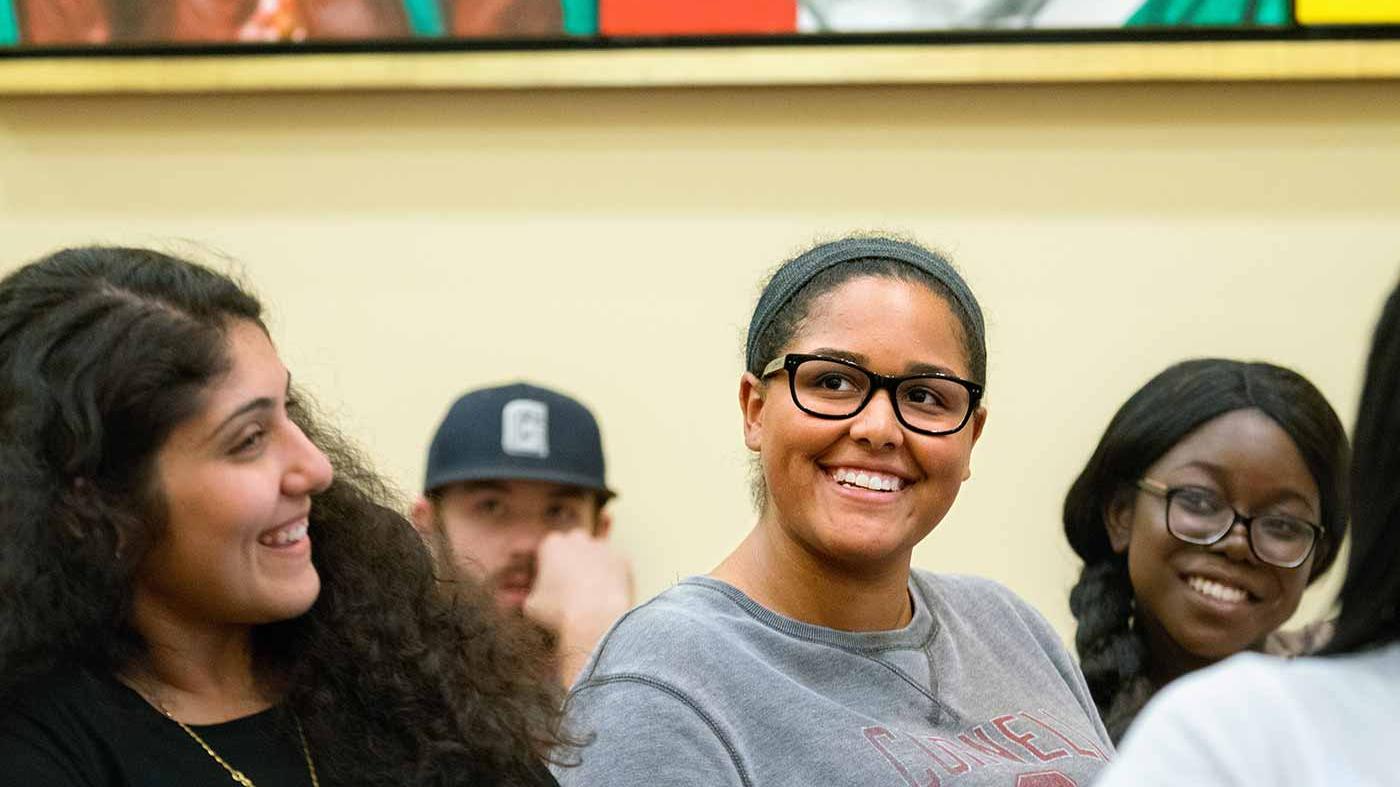
In Africana studies, you’ll have the chance to explore the centrality of Africa and the African Diaspora to the modern world and previous eras in the fields of literature, history, philosophy, international relations, cultural studies, music and the visual arts.
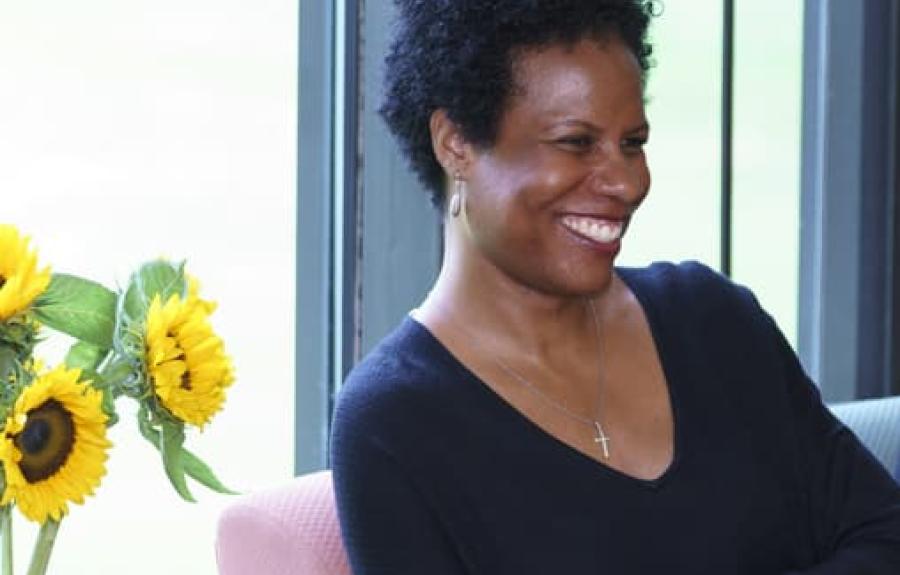
One way to think of African American literature is to recognize that certain themes and motifs recur and tell a story that one can study across time from slavery to freedom. Solid literacies in this field not only provide valuable interpretive contexts for analyzing various aspects of African American and diasporan life and culture, but can reinforce work in a range of other fields, from Africana studies to American literature. Additionally, they reinforce skills in reading and analysis of literature, as well as writing, that will pay off now and as time goes on.
We will examine selections from authors in African American literary history from the 18th century into the 1930s. Authors who will be examined include Phillis Wheatley, Olaudah Equiano, Frederick Douglass, David Walker, Harriet Jacobs, Harriet Wilson, Charles Chesnutt, Paul Laurence Dunbar, Booker T. Washington, W.E.B. DuBois, James Weldon Johnson, Jean Toomer, Nella Larsen, and Langston Hughes.
Instructor: Riche Richardson (rdr83)
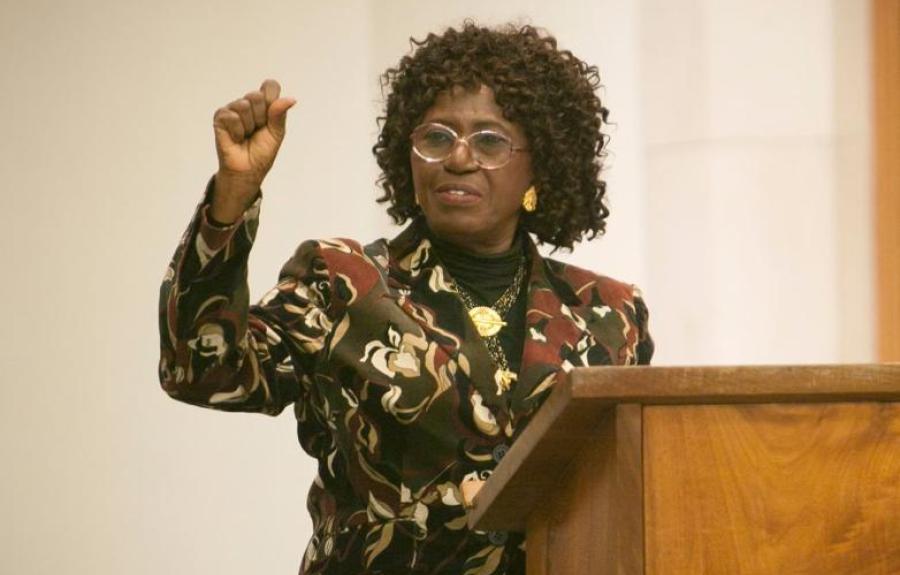
There are two contrasting views of the status and role of women in Africa. One view portrays African women as controlled by men in all social institutions. Another view projects women as having a relatively favorable position in indigenous societies they were active with an identity independent of men's and no concentration of women in a private sphere while men controlled the public sphere. This course examines critical gender theories and women in historical and contemporary periods. The topics covered include: non-westernized/pre-colonial societies; the impact and legacy of colonial policies; access to education and knowledge; women in politics and the economy in local and global contexts; women's organizations; armed conflicts and peace; same gender love and evolving family values; the law and health challenges; the United Nations and World Conferences on Women: Mexico 1975, Copenhagen 1980, Nairobi 1985, Beijing 1995 and post-Beijing meetings, and the 2010 superstructure of UN Women, and Beijing +20 in 2015 with the UN Women's slogan "Empowering Women, Empowering Humanity: Picture it!"
Instructor: N'Dri Assie-Lumumba (na12)

Registration is now open for the two sessions of weeklong offerings, with the option to stay in a newly renovated Balch Hall

Olúfémi Táíwò, professor of Africana studies, shares insight into Nigeria’s President Bola Tinubu's deployment of an army battalion to central Kwara state after suspected jihadist fighters killed at least 170 people on Tuesday night, hours after the United States said it had a small number of troops in the country.

Events include film screenings, panel discussions and a concert by the Barbara & Richard T. Silver Wind Symphony.
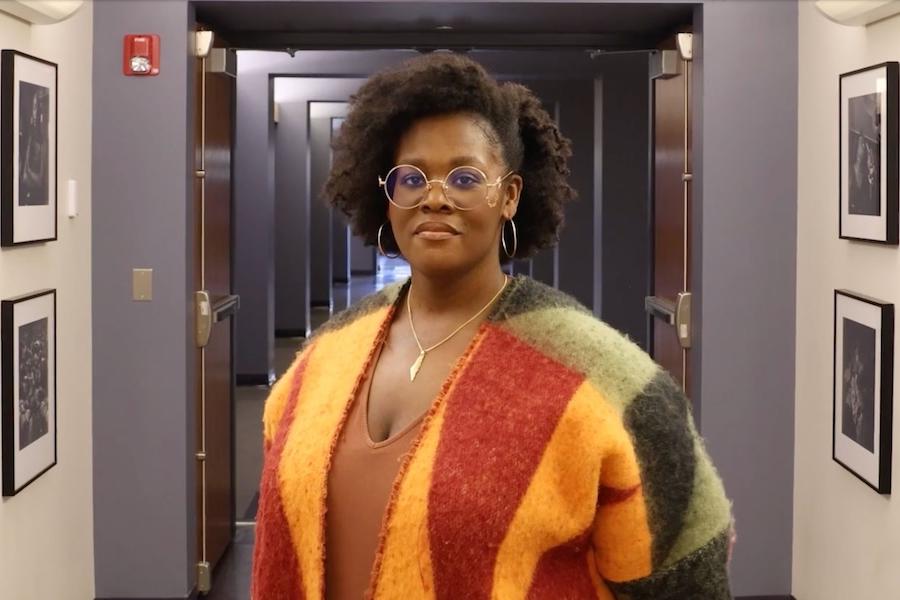
Martin Luther King Jr.’s speeches tapped into a Black musical tradition that animated the Civil Rights Movement, says Ambre Dromgoole, assistant professor of Africana religions and music.

An interdisciplinary project is sparking collaborations among those interested in digital approaches to the study of history, languages and culture.
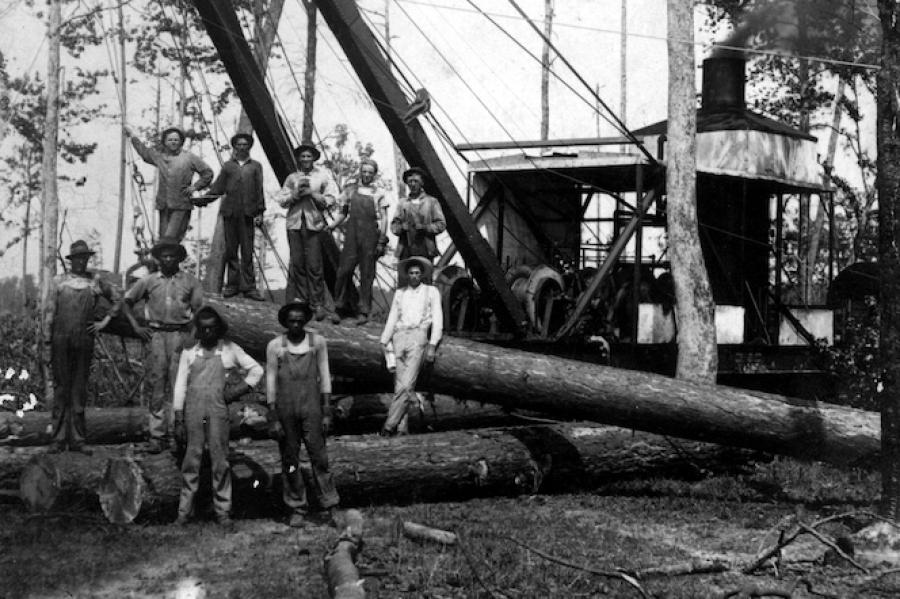
Klarman Fellow Kendall Artz wants to push beyond the assumption – one replicated by scholars – that company rosters and state records hold all there is to know about racial expression.
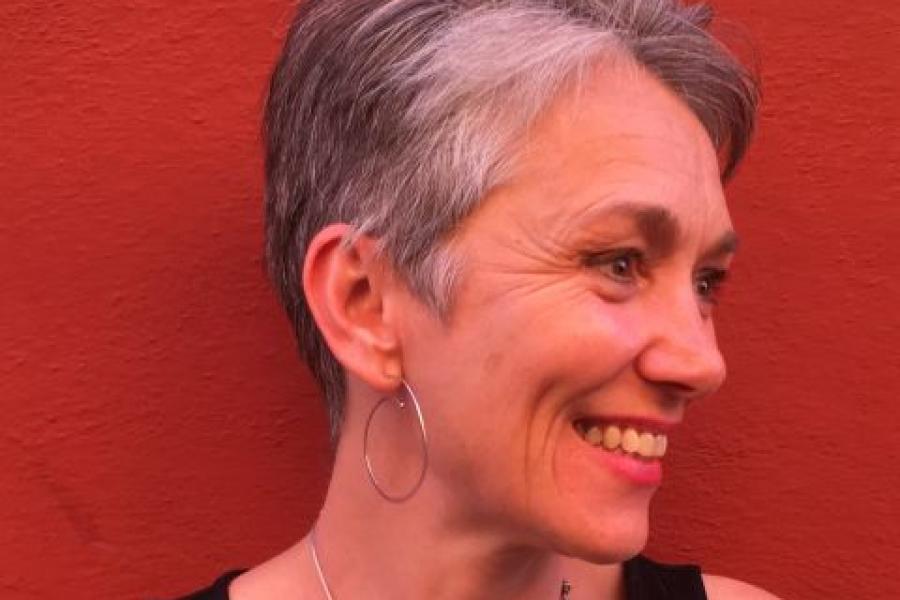
Stacey Langwick, associate professor of anthropology in the College of Arts & Sciences, will speak on "Healing in a Toxic World: Reimagining the Times and Spaces of the Therapeutic."
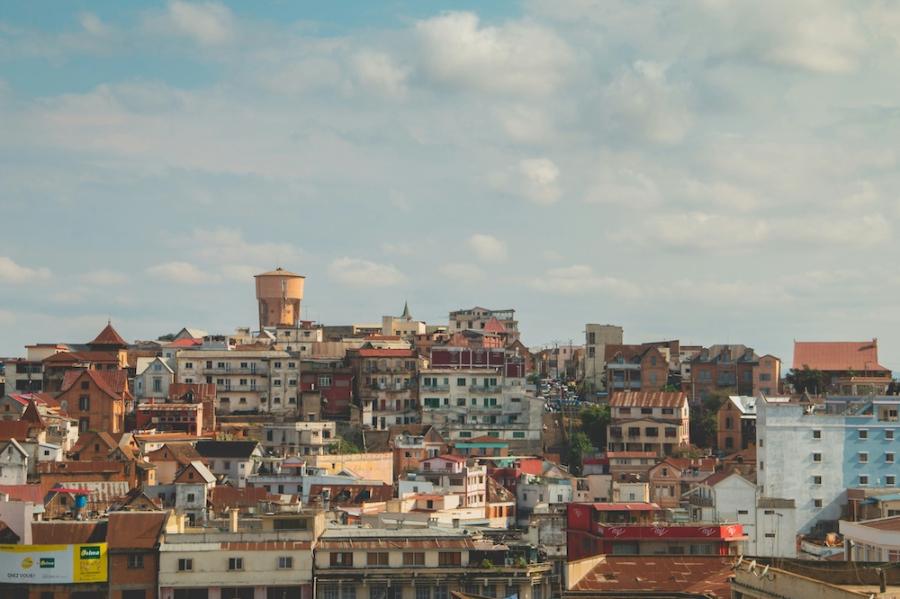
Olúfémi Táíwò, professor of Africana studies at Cornell University, said the move is another coup d’etat that Madagascar, and the African continent, does not need.